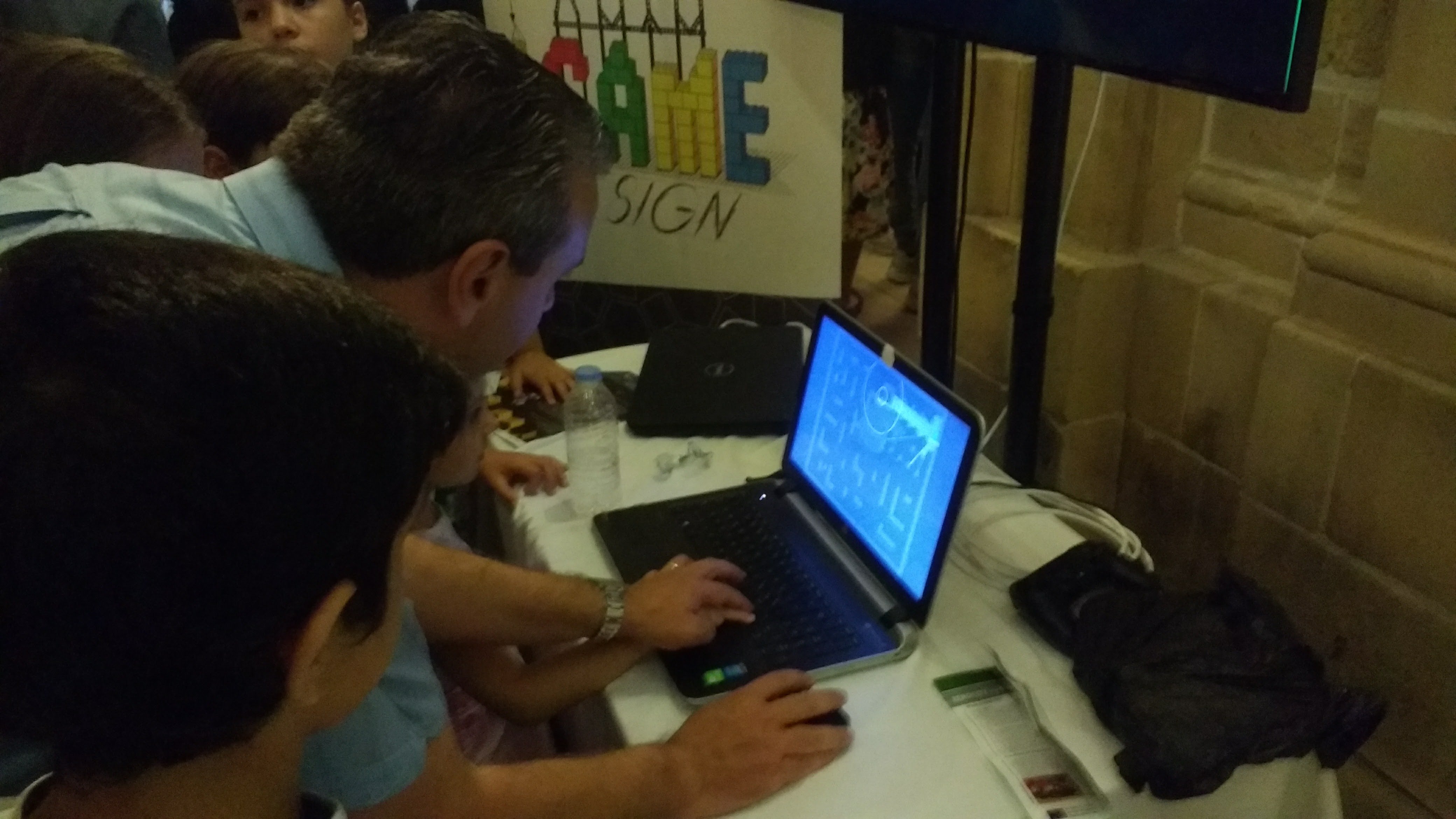
Emotion AI - An Experiment using Theory of Mind and Preference Learning to Predict and Recognize Frustration


A study conducted at the Institute of Digital games investigating how an agent’s behaviour and the player’s own performance and emotions shape the recognition of frustrated behaviour was published in KI - Künstliche Intelligenz - the official journal of the division for artificial intelligence within the "Gesellschaft für Informatik e.V." (GI) – the German Informatics Society.
Research Paper on Artificial Intelligence in Gaming
I Feel I Feel You: A Theory of Mind Experiment in Games by David Melhart, Georgios N. Yannakakis & Antonios Liapis focusses on the perception of frustration as this is a common experience in human-computer interaction. The findings indicate that the subject’s Theory of Mind is a cognitive process based on the gameplay context rather than the specific behaviour of the artificial agent.
Predictive Machine Learning Models and Emotions
Some may be familiar with MAZEd - the testbed game created for the experiment - as we have demo-ed it a various events including Science in the City. In the game a player competes against an agent with a frustration model developed on the basis of psychological theory.

Researchers collected the gameplay data, an annotated ground truth about the player’s appraisal of the agent’s frustration, and applied facial recognition to estimate the player’s emotional state. The collected data was examined through correlation analysis and predictive machine learning models which found that the player’s observable emotions are not correlated highly with the perceived frustration of the agent. In fact, the using gameplay features alone yields models of significantly higher accuracy.
AI Game Agents: Recognizing and Interpreting Artificially Simulated Emotional Behaviour
Modern AAA games are tend to be narrative-heavy and understanding how people perceive simulated emotional behaviour is central to making believable characters that players often crave in their games.
This research experiment in affective computing delves into the complexities of how we feel other actors (humans or agents) feel. Theory of Mind refers to the mental models we make about others’ beliefs and replicating this model algorithmically could revolutionize adaptability and personalisation.
The Future of AI in VIdeogames: Procedural Generating a Game for You
In games this could mean dynamic difficulty adjustment, procedural content generation, interactive narrative, and much more. As the designers’ knowledge about the player’s understanding of game agents would allow for a clearer understanding of how they will experience the game.
The small-scale experiment is only the tip of the iceberg, as Dr Makantasis was recently awarded a Marie Sklodowska-Curie Individual Fellowship to research and develop new methods and algorithms to realise aspects of general emotional intelligence (i.e.the ability to understand and manage your own emotions and those of the people around you) in the TAMED Project.
Stay in touch!

